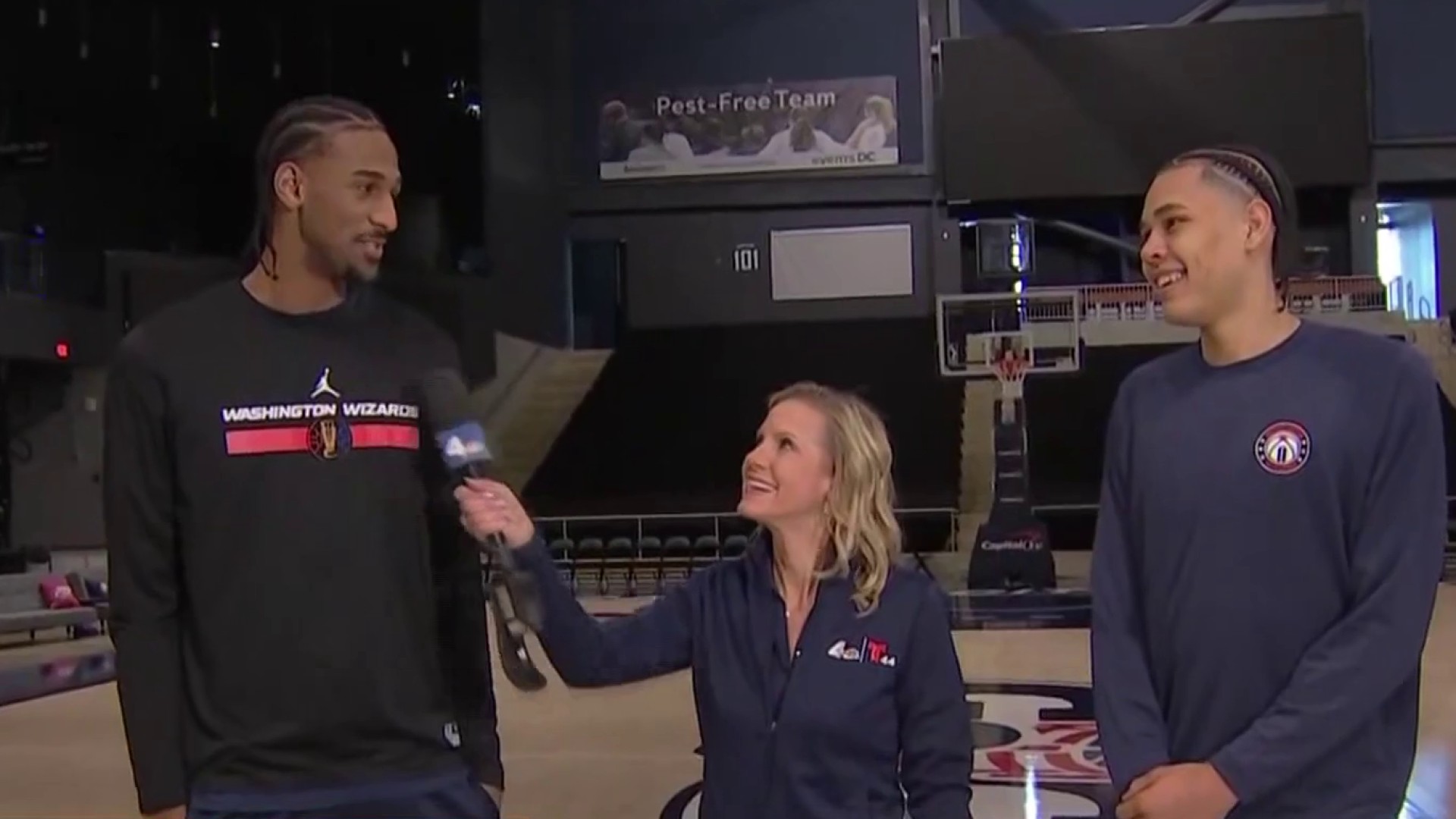Why comparing Ryan and Wentz trades isn't as easy as you think originally appeared on NBC Sports Washington
After the Colts' and Falcons' trade involving Matt Ryan broke on Monday afternoon, those who care about the Commanders almost instantly began comparing that deal to the one Washington struck for Carson Wentz 12 days ago. And on the surface, the anti-Wentz camp appeared to find more reasons to disapprove of the swap for Wentz.
In exchange for Ryan, Indianapolis sent a third-round pick in this year's draft to Atlanta. The Commanders' package for Wentz — who has more long-term upside than Ryan but probably isn't as safe of a quarterback to trust this season — consisted of two third-round picks, one of which will become a second-rounder if Wentz plays as much as he's expected to in 2022.
We've got the news you need to know to start your day. Sign up for the First & 4Most morning newsletter — delivered to your inbox daily. Sign up here.
On top of that, Indy will pay Ryan roughly $24 million for 2022, which is $4 million less than what Washington will hand Wentz.
So, the Colts secured Ryan for one fewer draft selection and at a slightly better salary than what the Commanders gave up for and will compensate Wentz with this year. Therefore, they're brilliant, Washington is foolish and everyone can move on with their lives, right?
Well, it's not that simple.
The vital part of this side-by-side view that doesn't fit in tweets or other rapid-fire reactions to the transactions is timing.
After Ron Rivera's club sent an offer to the Seahawks for Russell Wilson and was quickly rejected, the coach believed he had to advance with serious pace to land his next-best option, which he identified as Wentz.
"Knowing that and not wanting to waste time, we went right after it," Rivera said last week about the franchise's pursuit of Wentz following its failed effort to acquire Wilson.
At the time of the Wentz trade, Deshaun Watson's future was still a complete question; remember, this was before a grand jury declined to indict Watson following numerous sexual harassment and sexual assault claims made against him. Only after Watson was cleared criminally did his trade market warm-up, which is when the Falcons started getting involved and, in turn, envisioning a life sans Ryan.
All of that is to say when Washington decided to chase after Wentz, Ryan wasn't exactly tangible. Therefore, declaring that the Commanders erred in committing more resources for Wentz instead of going the cheaper route with Ryan is unfair, because Ryan was still quite tethered to Atlanta at that juncture.
The same goes for Washington detractors who are asserting that, if the organization was more patient, it would have had a chance to nab someone like Baker Mayfield in addition to Ryan. In Mayfield's case, however, the takeaway remains the same: He was only available when the Watson situation was more defined and the Browns eventually went all-in on him, and the Commanders didn't want to wait that process out.
The debate over who's better between Wentz and Ryan specifically is a tight one, but it's probably fair to conclude that both quarterbacks reside in the same tier of signal-callers. If you strip it down to that basic of a stance, then yes, the Colts did better than the Commanders did because they scored their passer for less in a couple of respects.
It's just not logical to boil it down that much, though. It's easy — too easy, really — to blame Washington for all sorts of foibles, but criticizing the team for not predicting that Ryan would get dealt because his employer would find itself in the competition for Watson after Watson became less untouchable is a stretch.
The Commanders traded for Wentz when the NFL landscape looked one way and the Colts traded for Ryan when it looked another way. That's a straightforward explanation as to why comparing the respective moves isn't so straightforward.


